Table of content
Octopus, a cephalopod celebrated in global cuisines for its unique texture and mild flavor, has long intrigued home cooks and professional chefs alike. Yet, achieving the ideal balance between tender succulence and rubbery toughness hinges on one critical factor: mastering the precise cooking time. This article delves into the science and culinary techniques behind boiling octopus to perfection, exploring variables such as size, freshness, and cooking methods. Whether you’re preparing a Mediterranean-inspired salad, a Korean stir-fry, or a Japanese sushi plate, understanding how long to boil octopus is the key to unlocking its culinary potential.
The Science Behind Octopus Tenderness
Octopus meat is primarily composed of dense collagen, a protein that transforms into gelatin when exposed to heat. This conversion process, known as denaturation, softens the flesh and renders it edible. However, overcooking can reverse this effect, causing the collagen to tighten and expel moisture, resulting in a chewy, undesirable texture. Achieving the optimal cooking time requires balancing heat application to break down collagen without overcooking the meat.
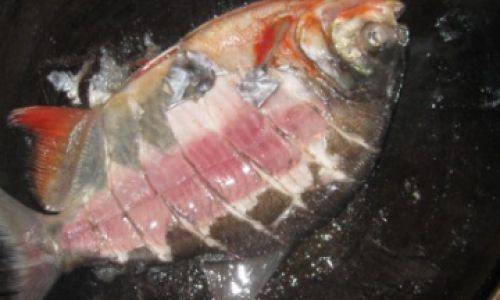
Factors Influencing Boiling Time
-
Size and Weight:
The most significant determinant of cooking time is the octopus’s size. Smaller specimens (1–2 pounds) typically require 20–30 minutes of boiling, while larger varieties (5 pounds or more) may need 45–60 minutes. For consistency, many chefs recommend boiling octopus for 15–20 minutes per pound, adjusting based on tenderness tests. -
Fresh vs. Frozen Octopus:
Frozen octopus often undergoes a pre-tenderizing process during freezing, which can reduce cooking time by 10–15 minutes compared to fresh. Thaw frozen octopus slowly in the refrigerator before cooking to maintain texture. -
Altitude and Boiling Point:
At high altitudes, water boils at lower temperatures, potentially extending cooking time. Compensate by increasing boiling duration by 5–10 minutes or using a pressure cooker to maintain heat intensity.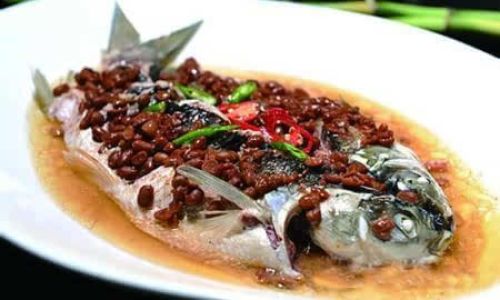
-
Cooking Liquid Composition:
Adding acidic ingredients like wine, vinegar, or citrus juice to the boiling liquid can help tenderize the meat faster. However, excessive acidity may toughen the flesh if not balanced with water or neutral broths.
Step-by-Step Boiling Techniques
Traditional Boiling Method
- Preparation: Clean the octopus thoroughly, removing the beak, eyes, and inner organs. Rinse under cold water.
- Simmering: Place the octopus in a large pot of cold, salted water. Bring to a gentle simmer (not a rolling boil) to prevent toughening.
- Timing:
- Small octopus (1–2 lbs): 20–30 minutes.
- Medium (3–4 lbs): 35–45 minutes.
- Large (5+ lbs): 50–60 minutes.
- Testing Doneness: Pierce the thickest part of a tentacle with a paring knife. If it glides in easily, the octopus is ready.
The Ice Bath Technique
Some chefs advocate plunging the octopus into an ice bath immediately after boiling to halt cooking and enhance texture. This “shocking” method firms the flesh, making it ideal for grilling or frying.
Pressure Cooker Method
For time-efficient cooking, use a pressure cooker:
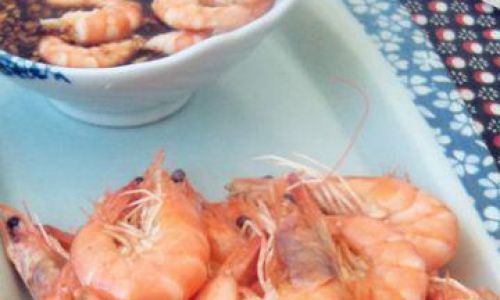
- Seal the octopus with aromatics (garlic, bay leaves) and 1 cup of liquid.
- Cook at high pressure for 15–20 minutes (small) or 25–30 minutes (large).
- Release pressure naturally for 10 minutes before opening.
Sous-Vide Precision
For ultimate control, vacuum-seal the octopus with olive oil, herbs, and garlic, then cook sous-vide at 176°F (80°C) for 4–6 hours. This low-temperature method ensures even tenderness.
Common Mistakes to Avoid
- Overcooking:
Exceeding recommended times by even 5 minutes can turn octopus rubbery. Monitor closely and test frequently. - Undercooking:
Raw octopus is inedible and dangerously tough. Ensure internal temperature reaches 145°F (63°C). - Skipping Tenderization:
While freezing aids tenderness, fresh octopus benefits from mechanical tenderizing (e.g., beating with a mallet) before boiling. - Ignoring Salt Levels:
Saltwater mimics the octopus’s natural habitat, encouraging even cooking. Use 1–2 tablespoons of salt per quart of water.
Global Recipes and Cooking Times
Greek-Style Boiled Octopus Salad (Htapodi Salata)
- Cooking Time: 30 minutes (medium octopus).
- Method: Simmer in red wine vinegar and water until tender. Serve chilled with olive oil, oregano, and lemon.
Japanese Takoyaki (Octopus Dumplings)
- Cooking Time: 25 minutes (small octopus).
- Method: Boil, dice, and fold into batter. Cook in a takoyaki pan for crispy, savory bites.
Spanish Pulpo a Feira (Galician-Style Octopus)
- Cooking Time: 45 minutes (large octopus).
- Method: Boil in copper pots with paprika and sea salt. Serve with boiled potatoes and smoked paprika.
Korean Nakji Bokkeum (Spicy Stir-Fried Octopus)
- Cooking Time: 20 minutes (small octopus).
- Method: Parboil for 10 minutes, then stir-fry with gochujang, garlic, and vegetables.
Advanced Tips for Perfect Results
- The Cork Myth: Some traditions suggest adding a wine cork to the cooking liquid to tenderize octopus. While debated, this method is largely symbolic and unnecessary if proper timing is observed.
- Texture Variations: For chewier octopus (e.g., for grilling), reduce boiling time by 5–10 minutes. For fall-apart tenderness (e.g., for stews), extend by 10–15 minutes.
- Resting Period: Allow boiled octopus to rest in its liquid for 10–15 minutes before handling. This distributes moisture evenly.
Conclusion
Mastering octopus cooking time is a blend of science and intuition. By accounting for size, freshness, and method, even novice cooks can achieve tender, flavorful results. Whether you prefer the rapid precision of a pressure cooker or the slow transformation of sous-vide, patience and attention to detail are your greatest allies. Experiment with global recipes, and remember: the line between perfection and disaster is measured in minutes. With practice, you’ll learn to gauge doneness by sight, touch, and aroma, turning this enigmatic sea creature into a culinary masterpiece.
Final Thought: Octopus, like all great ingredients, rewards those who respect its nature. Boil with care, savor the results, and let this ancient creature inspire your kitchen adventures.
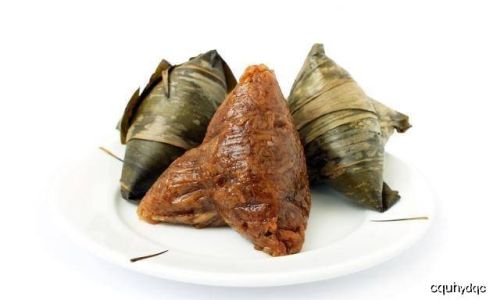
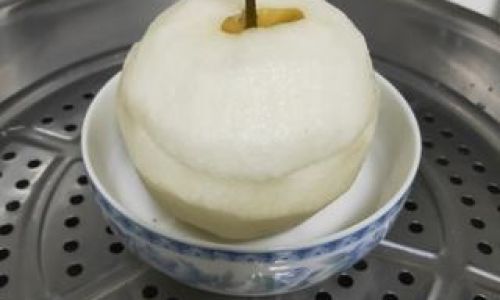
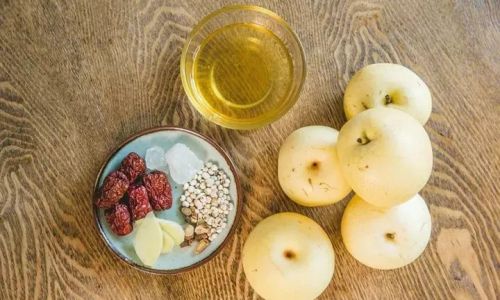
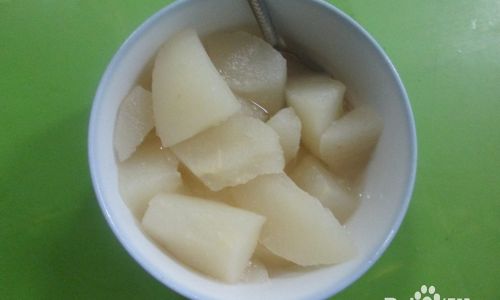
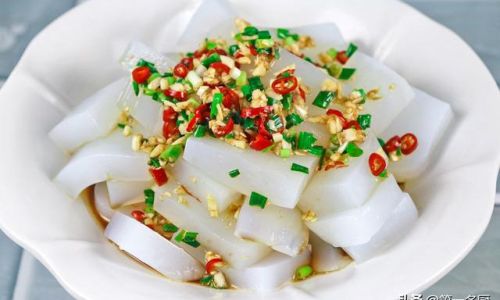
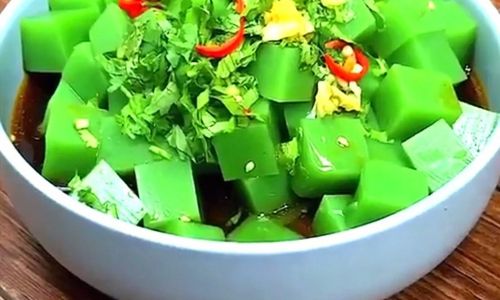
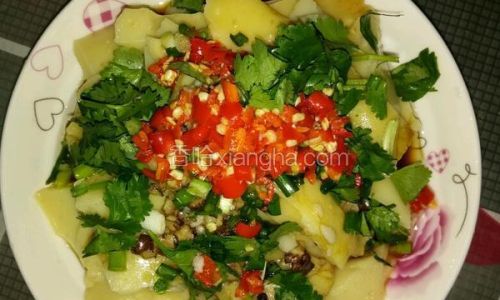
0 comments